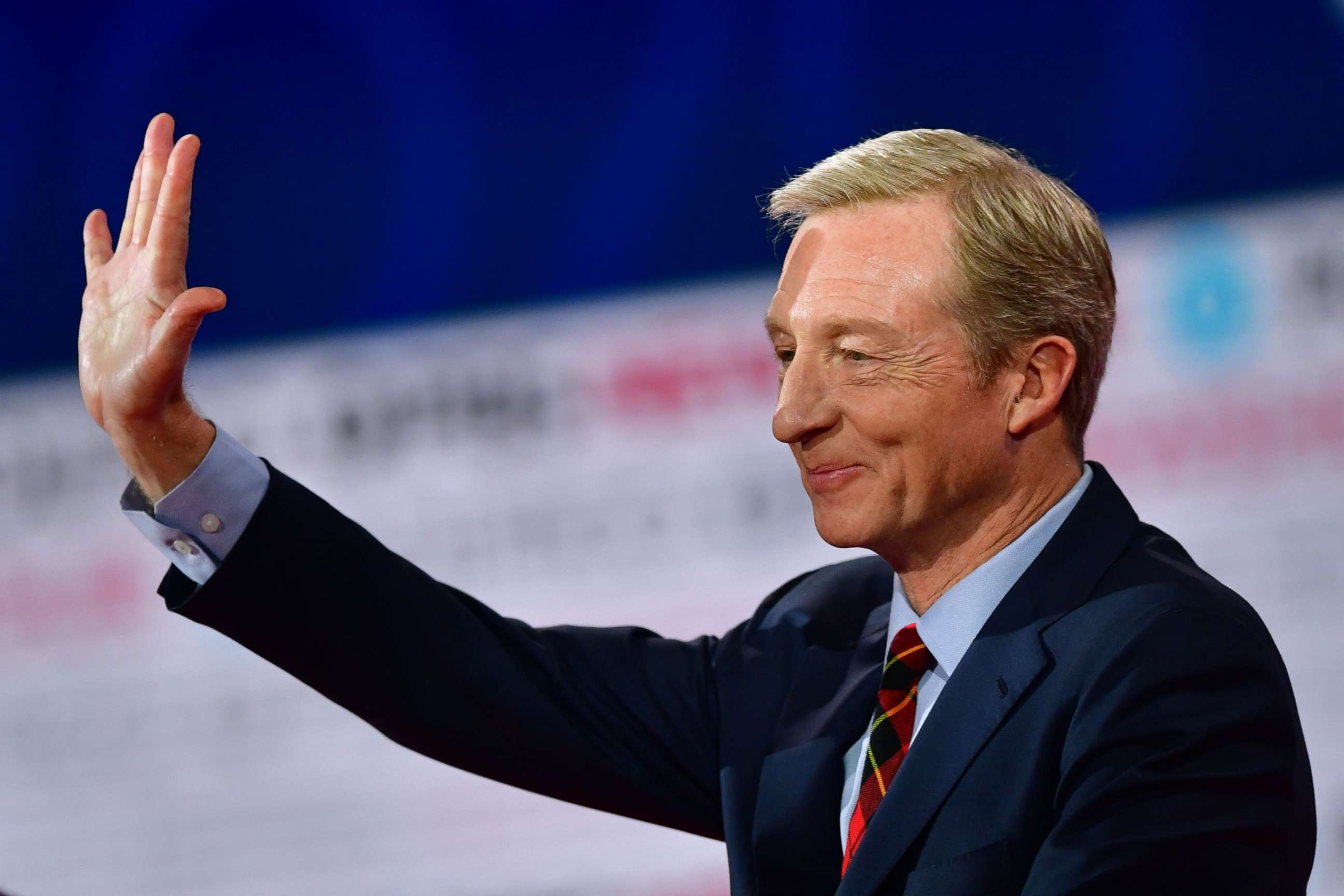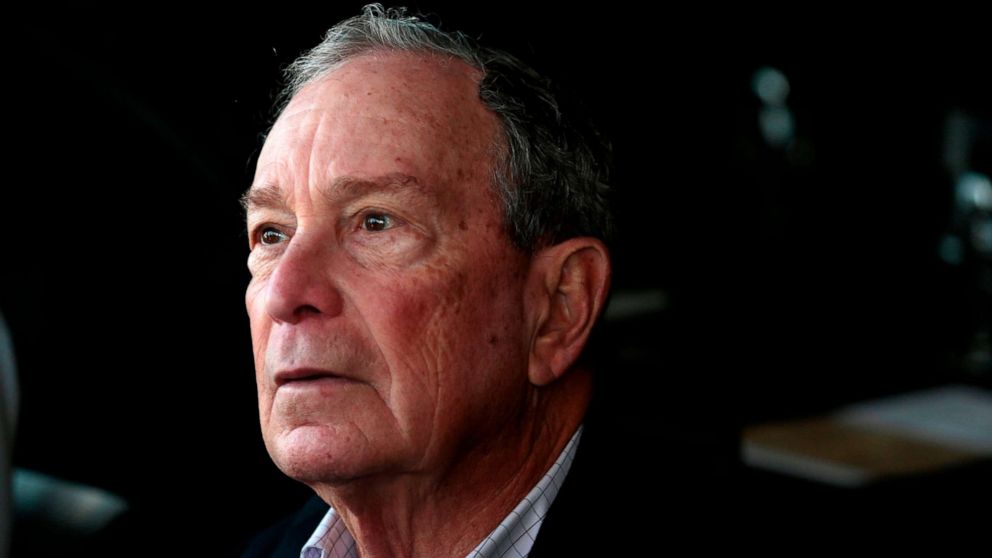Michael Bloomberg surpasses $200 million spent on ads
Former New York City Mayor Michael Bloomberg has surpassed $200 million in ad spending only two months into his presidential bid-- an amount which far outpaced his competitors.
According to ad tracking firm Advertising Analytics, Bloomberg’s campaign hit the $200 million mark on Friday, with more television ad buys continuing to trickle in through the afternoon.
The milestone comes on the heels of two significant ad buys for his campaign, which is entirely self-funded: his 60 second Super Bowl ad, which will air nationally, on which he is planning to spend upwards of $10 million, and his first Spanish language ad, which began airing on Thursday.
The unprecedented sums he pours in to blanket the airwaves come as the other billionaire in the race, Tom Steyer, is doing the same. Steyer thus far has spent around $141.1 million according to ad firm Kantar/ CMAG, and seems to have qualified last minute in two states where he has flooded the airwaves.

According to CMAG, the rest of the Democratic primary field, combined, has spent more than $250 million on TV and digital ad buys, including Steyer’s $141.1 million.
In a race where the ultra-wealthy have come under fire from progressives, Bloomberg’s spending has been a point of contention among his peers. Vermont Sen. Bernie Sanders and Massachusetts Sen. Elizabeth Warren have both knocked Bloomberg for thinking he can “buy the race.”
When former Housing and Urban Development Secretary Julian Castro left the race early this month, Sen. Cory Booker told reporters that the Democratic National Committee is too easily “hacked by billionaires.”
“This is a problem for our party that incredibly talented people like Julian Castro are dropping out because of money, because we’re basing a -- we should all talk about the fact that we are in a nation where money is corrupting our politics,” Booker said. “So why should the democratic party design a system that can be so easily hacked by billionaires?”
Bloomberg won’t appear on the debate stage on Tuesday and has decided not to focus on courting voters in early states, instead going after delegate-rich Super Tuesday sites in order to amass national support.




